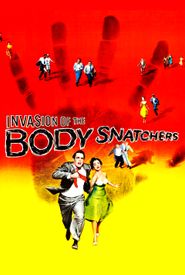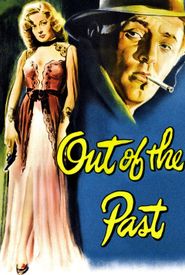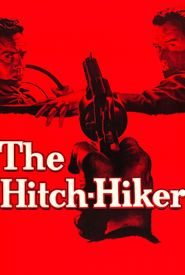Daniel Mainwaring, a celebrated American literary figure, professionally known as Geoffrey Homes, entered the world on July 22, 1902, in the vibrant city of Oakland, California.
Mainwaring's literary debut, the 1932 publication of One Against the Earth, a pioneering work of proletarian fiction, introduced readers to a complex and multifaceted protagonist - a young man born and raised on a California ranch, whose journey as a drifter is marked by a series of tumultuous events. This early novel, which explores themes of identity, class, and the American Dream, sets the stage for Mainwaring's subsequent exploration of the human condition through his hard-boiled mystery novels.
These latter works, often set against the backdrop of small-town California, solidified Mainwaring's reputation as a master of the hard-boiled genre. His writing, characterized by its gritty realism, complex characters, and fast-paced plots, captivated readers and critics alike, cementing his place as a prominent figure in the world of crime fiction.
The publication of "The Man Who Murdered Himself" in 1936 represented a pivotal moment in the illustrious career of the renowned author, Mainwaring, marking the inception of a remarkable streak of mystery novels that would go on to cement his reputation as a preeminent literary figure.
Mainwaring's distinctive writing style, which masterfully intertwined gritty realism with ingenious plot twists, had a profound impact on readers, instantaneously captivating their attention and securing his position as a dominant force in the literary sphere.
Throughout his illustrious writing career, Mainwaring's remarkable ability to craft engaging, suspenseful narratives that kept readers on the edge of their seats, coupled with his unparalleled skill in weaving complex, intricate plots, solidified his position as a leading authority in the mystery genre.
As the years went by, Mainwaring's impressive body of work continued to grow, with each new novel showcasing his unwavering commitment to crafting stories that were not only thrilling and unpredictable but also deeply nuanced and thought-provoking.
Through his writing, Mainwaring was able to tap into the darker aspects of human nature, exploring the complexities and contradictions that exist within each of us, and presenting his findings in a manner that was both accessible and captivating.
As a result, Mainwaring's works have left an indelible mark on the literary world, earning him a reputation as a master of the mystery genre and cementing his place among the pantheon of great authors.
His remarkable legacy serves as a testament to his unwavering dedication to his craft, as well as his unique ability to craft stories that continue to captivate and inspire readers to this day.
Mainwaring's impressive body of work continues to be widely read and studied, with his novels remaining a staple of the mystery genre, and his influence can still be seen in the works of many modern authors.
The esteemed literary legacy of Mainwaring culminates in his magnum opus, the 1946 novel "Build My Gallows High", meticulously crafted by William Morrow & Co. This masterwork seamlessly integrates the genres of crime fiction and literary merit, thereby garnering widespread critical acclaim.
Moreover, the novel's cinematic adaptation, the film noir classic "Out of the Past", has indelibly etched Mainwaring's name in the annals of film history, cementing his status as a luminary in the realm of cinematic storytelling.
During a 1970s conversation with Pat McGilligan, renowned author Ross MacMainwaring shared his aspiration to transcend the conventional boundaries of mystery novels, expressing a deep-seated desire to liberate himself from the monotony of traditional detective stories. In his own words, he confessed, "With Build My Gallows High, I wanted to break free from the shackles of straight mystery novels, which, to be frank, had become a chore to write." He lamented the fact that these detective tales often relied on the reader's ability to solve the mystery, stating, "You've got to figure out 'whodunit'. I'd get to the end and have to say whodunit and be so mixed up I couldn't decide myself." This bold departure from his earlier work served as a testament to MacMainwaring's remarkable versatility as a writer and solidified his reputation as a literary icon of his time.




























































